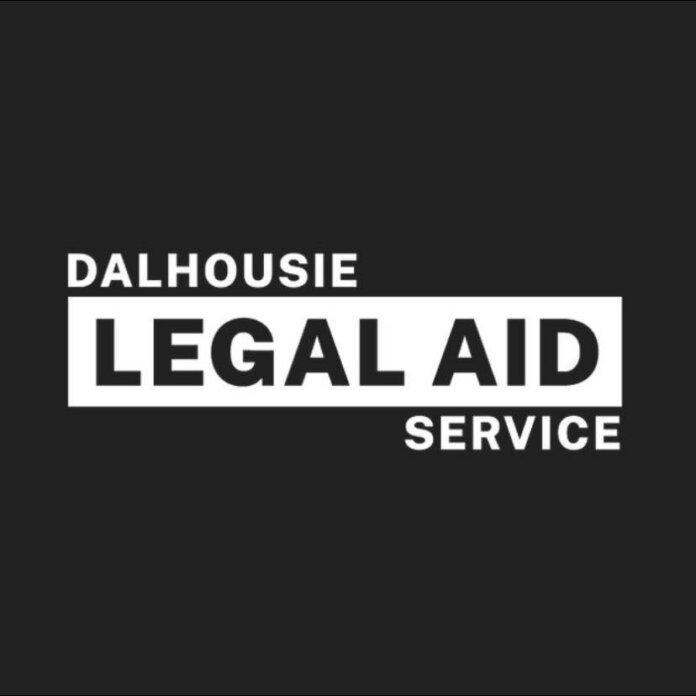From a press release
HALIFAX: The Progressive Conservative government introduced amendments to the Interim Residential Rental Increase Cap Act and the Residential Tenancies Act that prioritize the interests of landlords by allowing landlords to increase rents above the rate of inflation and make it easier to evict tenants who are behind on their rent.
The amendments propose to extend the Rent Cap until the end of 2027 but will allow landlords to increase rents by five per cent year over year.
The changes will also shorten the timelines for landlords to issue notices to quit for rental arrears.
Story: Province announces changes to rent cap, residential tenancies act
ADVERTISEMENT:
Notices will be allowed to be issued when a tenant is just three days behind on their rent, down from fifteen, and renters will now only have ten days to respond to these notices, rather than fifteen. Failure to respond in time can result in an eviction without a hearing.
“It is shocking that the government’s response to the housing crisis is to make it easier to evict renters”, said Mark Culligan, Community Legal Worker in a release posted on Dal Legal Aid’s Facebook page.
The shortened notice period and response timelines will make it more difficult for tenants to sort out short-term financial problems in time to stay in their homes. It will also become harder for tenants to obtain legal and financial assistance before response deadlines pass.
“Tenants evicted for non-payment of rent will be forced to find alternative accommodations in a historically tight rental market. It is likely that this change will directly lead to an increase in the number of tenants evicted into homelessness,” said Culligan.
ADVERTISEMENT:
Colton LeBlanc, Minister of Service Nova Scotia and Internal Services, claims that the government is balancing these changes to eviction timelines by extending the Rent Cap to 2027.
The five per cent cap, however, is the highest cap on rental increases in the country.
Elsewhere, rent increase guidelines vary from 1.7% in Manitoba to 3.5% in British Columbia.
The cap is also far above Nova Scotia’s current inflation rate, which slowed to 3.5% year over year in June 2024, as well the bank of Canada’s projected inflation target of 2%.



















